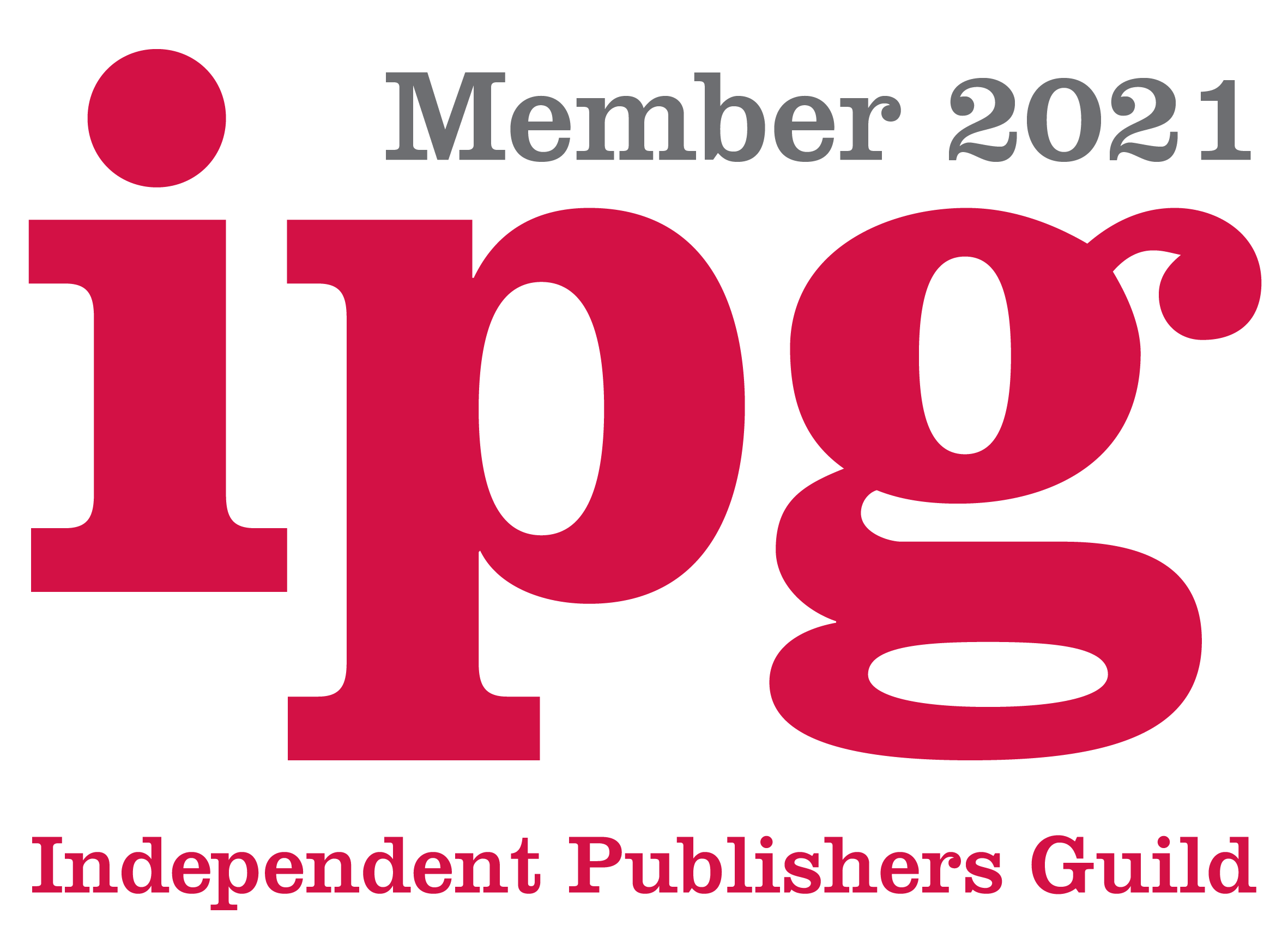We all know when we read good writing: We are transported to the author’s world, we follow the dialogue as if it were a conversation happening in front of us, and most importantly, we feel something.
Your favorite authors wrote their books with the assistance of knowledgeable writers and helpful resources. Here, we’ll explain the various ways to improve your writing so you can write like the published greats.
Joining a Writing Group
You can show your mother or best friend your writing, but if they don’t know much about craft and how to write, their praise will only get you so far. Relying on yourself to find any missing parts in a draft can be difficult, especially when your mind holds the entire plot, characters, and your intention. We need other people – who can’t read your mind – to look for what you may be missing as the author. This is where writing groups can be helpful and boost your writing in ways you never would have expected.
You can join a writing group online or in-person. It is common for members of the group to meet a few times a month. This keeps all members accountable to write and share their work with other writers who can offer valuable feedback. These writers will point out what is and is not working in the draft. Here is a list of writing groups in the U.S., Canada, and online. Another way to find a writing group near you is through your local bookstore or library.
People who are more familiar with the genre or subgenre you are writing in will be your ideal readers. They will know what you are trying to convey in your writing and can offer specific insight. Maybe through a writing group you find two writers who are your ideal readers for your work. This will be incredibly useful when working on a rough draft, because when it is time for revision, you will have an idea on the direction your manuscript is headed.
Books to Teach You Craft
Almost every writer has read a book about writing. There’s a multitude of them covering a variety of topics. “Everyone Can Write,” published by Exisle, is an accessible guide which covers the rules of nonfiction writing. This guide is a useful tool when a writer needs a refresher on grammar and punctuation rules and provides easy-to-follow formulas to improve the quality of your writing. These guides are more general and are there for you to return to as your career progresses.
Craft books make you a better reader. My personal favorite craft books are “The Art of…” Series from Graywolf Press. Each book focuses on a different element of craft which is helpful for writers who have difficulty with a specific aspect within their work.
For example, there is The Art of Perspective by Christopher Castellani. Castellani offers different books as examples, highlighting how they use perspective. He explains how the perspective of a book is set up right in the beginning. For example, he mentions the book “A Passage to India” by E.M. Forster. The first chapter provides readers with a description of the landscape and in this way, writers are removed from the characters. There’s this external focus on the sociopolitical climate rather than the main character. I read the book myself and Castellani was completely right. Despite the turmoil the main character faced (no spoilers), I didn’t feel for him. Instead, I was an observer. I wasn’t involved like in other fiction books where I found myself rooting for the main character. That’s the magic of perspective, it affects the way readers will interpret the story.
Craft books can help you understand how a book operates, which in turn gives you the tools to ensure your story or your intention has the desired effect on your readers.
Read Everything!
As you read, attempt to figure out what is working within the writing. How does dialogue work? Where do you find yourself speeding up your reading or slowing down? How does the author deliver information? In children’s books, how do the writing and illustrations work together?
I annotate in my books. I’ll mark which sections surprise me, the pacing of a section, visceral descriptions, or if the dialogue is hard-hitting. For me, this is helpful to pinpoint real examples of writing that is working and to look closely at how the writer executed these moments.
Read literary journals which feature shorter pieces in a variety of different genres and subjects. This shows you what is being published now and gives you an idea of the competitors in your genre of interest.
The more you read, the better you write. Read books in the genre, and subgenre, you are writing in and especially read what you want to write about. Other writers may be able to recommend books that are similar to your idea, read them and see how the author approaches the topic. Everything has already been done, but you can offer a new angle.
Don’t be afraid to imitate the writers you admire. This can be something as simple as realizing you have difficulty writing dialogue and copying the way your favorite writer uses dialogue. You can notice what they leave out, what stays in. How the dialogue sounds natural or how it adds to the story. Say you are writing a fiction book filled with long sentences packed with description. You then pick up a book by Ernest Hemingway and find his brevity and declarative sentences have an impact on you. You can then put your Hemingway cap on and cut your sentences to be shorter, snappier. This will allow you to perfect your technique and find what works best for you as a writer and for your manuscript.
By reading what has been done, you understand then what is possible.
Practice, Practice, Practice
Writing is a skill perfected by practice. You should try to make time to write every day, even if it is 100 words a day.
Consider your time and develop a reasonable writing goal for your schedule. Can you take an hour out of your day? What about fifteen minutes? If you push yourself, the sentences will appear. It’s going to feel like a job, and if you plan on publishing this writing, then it will be worth it in the end.
The hardest part is getting in front of the screen (or paper) and starting. If you have thirty minutes in the morning before the day becomes busy and the responsibilities take you away, take that time to write.
What you write doesn’t have to be good right away. Get words on the page. Edit later. The more you practice, the better your writing will be and the less it will feel like a chore.
Easy Mistakes
Don’t get bogged down by “sounding smart” and using big words. This may have the opposite effect and will come across as inauthentic.
Avoid filler words such as: just, like, that, very, really, and -ly words.
Read your writing out loud to catch any small errors. This will ensure your writing is clear and concise.
Writing Courses
A writing course is a great way to boost your manuscript to ensure it is ready for publication.
Exisle Academy’s courses offer information on how to pitch your manuscript, to understand the business logistics behind publishing, and to ensure your manuscript is at its best before sending it out to publications.
After your manuscript has gone through a few edits with a writer’s group, a course with professional editors can help strengthen the writing and prepare it for the final step: publication.
Follow us on Facebook and join our newsletter to be up to date with Exisle Academy.



